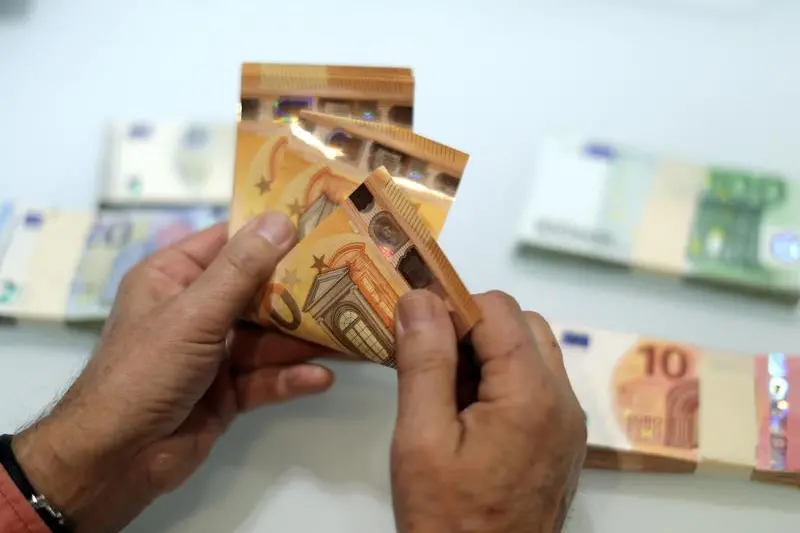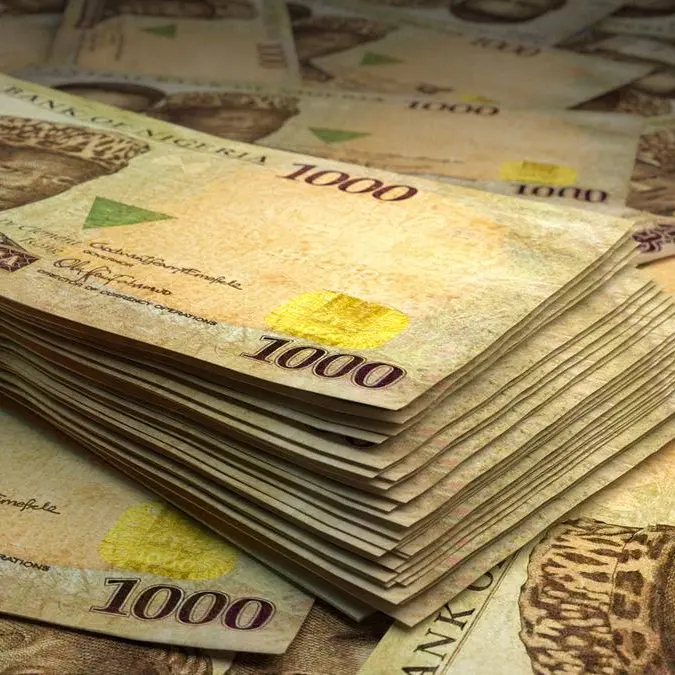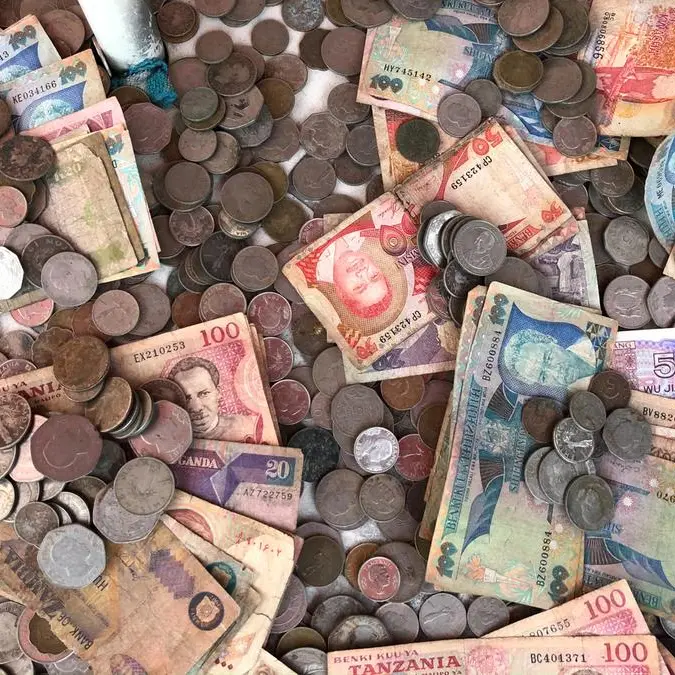PHOTO
Euro zone borrowing costs struggled for direction on Tuesday ahead of U.S. ISM manufacturing data later in the session, which could affect expectations for the Federal Reserve easing cycle.
Bund yields rose to a one-month high on Monday, and euro area spreads tightened after the results of two German regional state elections that dealt a blow to the ruling coalition.
The Alternative for Germany (AfD) became the first far-right party to win a regional election since World War Two.
Analysts also expect U.S. job figures later in the week, which could determine the magnitude of the Federal Reserve's expected rate cut, with markets now fully pricing 25 basis points and around a 30% chance of 50 bps.
Germany's 10-year yield, the bloc's benchmark, dropped one basis point (bp) to 2.32%. It hit 2.349% on Monday, its highest level since July 30.
The German 2-year yield, sensitive to changes in expectations for policy rates, rose 0.5 bps to 2.42%.
Markets recently reduced their bets on the European Central Bank easing cycle. They still fully priced a 25 bps September rate cut while discounting 58 bps by year-end from 67 right after the release of German inflation data last week.
French policymaker Francois Villeroy de Galhau said The ECB would be "wise" to deliver another interest rate cut in September without further guidance.
Investors are worried about the economic slowdown in Germany with Volkswagen, which is now considering closing factories in the country for the first time.
"We do not forecast a significant impact of last events in Germany (including regional elections) on Bund pricing in the short term," said Massimiliano Maxia, senior fixed income specialist at Allianz Global Investors.
"A setback in the real economy is good for government bonds, and nobody questions the safe-haven status of Bunds," he added.
Central banks usually respond to an economic slowdown by cutting rates.
Chancellor Olaf Scholz's looked as if it would hold together, after Sunday’s vote. However, with a year to go to national elections, the results are nonetheless likely to foment tensions in a coalition riven by ideological differences.
"It isn't market positive to imagine electoral gridlock (in Germany), especially when the same is true in France at the same time," said Michael Every, global macro strategist at Rabobank.
In a letter to lawmakers, the French finance ministry stated that the country could run a substantially bigger budget deficit than expected.
The country's deteriorating finances, which have also put Paris into disciplinary proceedings at the EU level, add pressure on President Emmanuel Macron as he struggles to name a new government after snap elections lead to a hung parliament.
The spread between French and German 10-year yields - a gauge of risk premium investors demand to hold France's public debt – was at 71 bps. It hit 88 bps in early August, its highest since 2012, and reached 85 bps during the French elections.
Italy's 10-year bond yield fell 0.5 bps to 3.70%, with the yield gap between Italian and German 10-year bonds to 136.5 bps.
(Reporting by Stefano Rebaudo, editing by Sharon Singleton)




















